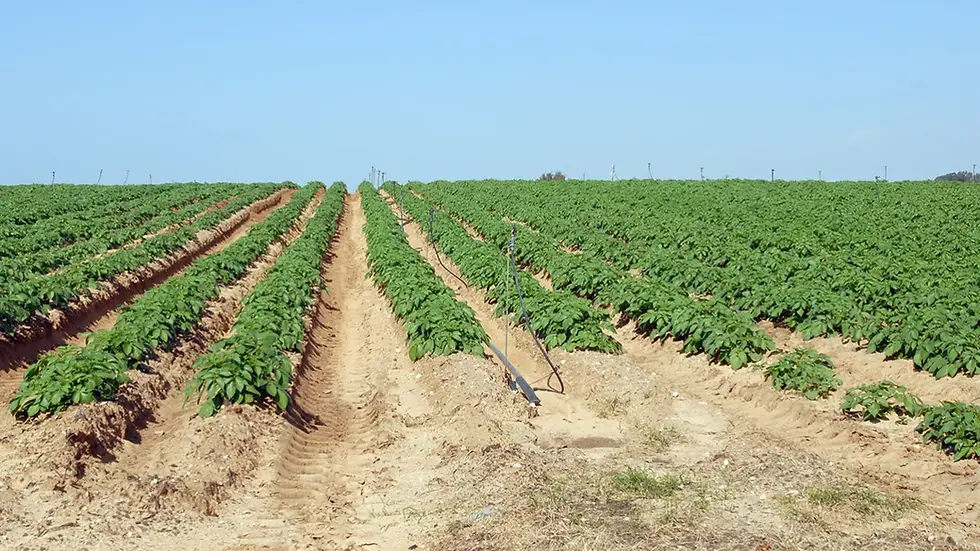Sound the Trumpets of Justice for All
- Rabbi Amy Eilberg
- Jun 12, 2020
- 3 min read

In the midst of hundreds of arresting images from the events of recent weeks, two shattering photos are lodged in my heart.
In one, police officers in riot gear and gas masks in Minneapolis aim military-style guns at two African-American protesters. One protester crouches on the ground beside a car, looking up at the officer in a gesture of supplication, holding up his ID for the officer to see. A second protester sits in the car with both hands raised in a gesture of surrender.
In the second photo, officers aim their guns at three young women lying prone on the ground with both arms outstretched on the ground. One looks slightly upward, with intense fear in her eyes. Another’s eyes are shut tightly as she wails.
These images stand in devastatingly stark contrast with one of the most powerful statements in this week’s Torah portion, Beha’alotecha: “There shall be one law for you, whether stranger or citizen of the country” (Numbers 9:14).
In context, these beloved words apply specifically to the question of a non-Israelite wishing to bring a Passover offering. The same words appear in a broader context in next week’s portion (Numbers 15:14-15), with reference to any sacrifice that a non-Israelite may want to offer, using the more expansive language, “There shall be one Torah and one law for you and for the stranger who resides among you” (15:16).
That language, in turn, appears in a still more wide-reaching context, declaring that there shall be “one law for stranger and citizen alike” in cases of interpersonal injury (Leviticus 24:22).
As I review these texts, I hear a clarion call increasing in volume, applying to ever-widening spheres of life. There shall be one law for you, one Torah for you, for all of you — Israelites, strangers, newcomers, citizens and non-citizens alike. I hear the words expanding, as if in concentric circles, encompassing wide swaths of Biblical law, reverberating as a core teaching throughout the ages.
This week, encountering these words is excruciatingly painful. For here in America, we do not have one law for all. We have one law for people who live in white bodies, and a very different law for those in black and brown bodies.
The eyes of the nation have been rightly riveted by the outrage of longstanding, pervasive patterns of police brutality directed especially toward African-American boys and men. This issue is but one facet of the institutional racism baked long and deep into America’s legal and social systems.
In shocking numbers, police harass, arrest and prosecute black people far out of proportion to the number and nature of offenses of which they are accused.
The system of racialized mass incarceration places astounding percentages of black men and women in jails and prisons, disproportionate to the number of crimes committed.
Black and brown people receive inferior health care, by comparison with white citizens, and exhibit multiple health vulnerabilities due to the stresses of racism — hence, the disproportionate number of black Americans affected by Covid-19.
Black families earn less for the same work, and have far lower net financial worth, compared with whites with similar backgrounds and qualifications. School systems predominantly serving students of color are drastically under-resourced, leaving their graduates less ready to excel in college or in the workforce than their white counterparts.
Government policy for decades redlined areas of cities, ensuring that black and brown neighborhoods would be less prosperous, and that black and brown families would have little opportunity to build family wealth.
These deficits have persisted through centuries of American life, and even through the 50 years since the first civil rights movement in the 1960s.
Of course, the Torah’s injunction of one law for all was not written in the context of 21st-century America. But juxtaposing the Torah’s eternal call for equality with the racialized systems in this country should make us all weep.
But for me there is an image of hope in this parashah: Numbers 10describes the commissioning of two silver trumpets to be used to summon the community (when blown in long blasts) and to direct the Israelite camp to move forward on its journey (when blown in short blasts). The trumpets are sounded in times of war and on festival days.
I can only hope that the agony of these weeks will serve as a sound of the trumpets, awakening our nation to the many injustices of institutional racism. We are being collectively summoned to attention and commanded to enter into a second civil rights movement, in which all people in our country will finally be granted equality and dignity once and for all. May it be so.
This column first appeared in the Jewish News of Northern California, https://www.jweekly.com/2020/06/12/sound-the-trumpets-of-justice-for-all/.




Comments